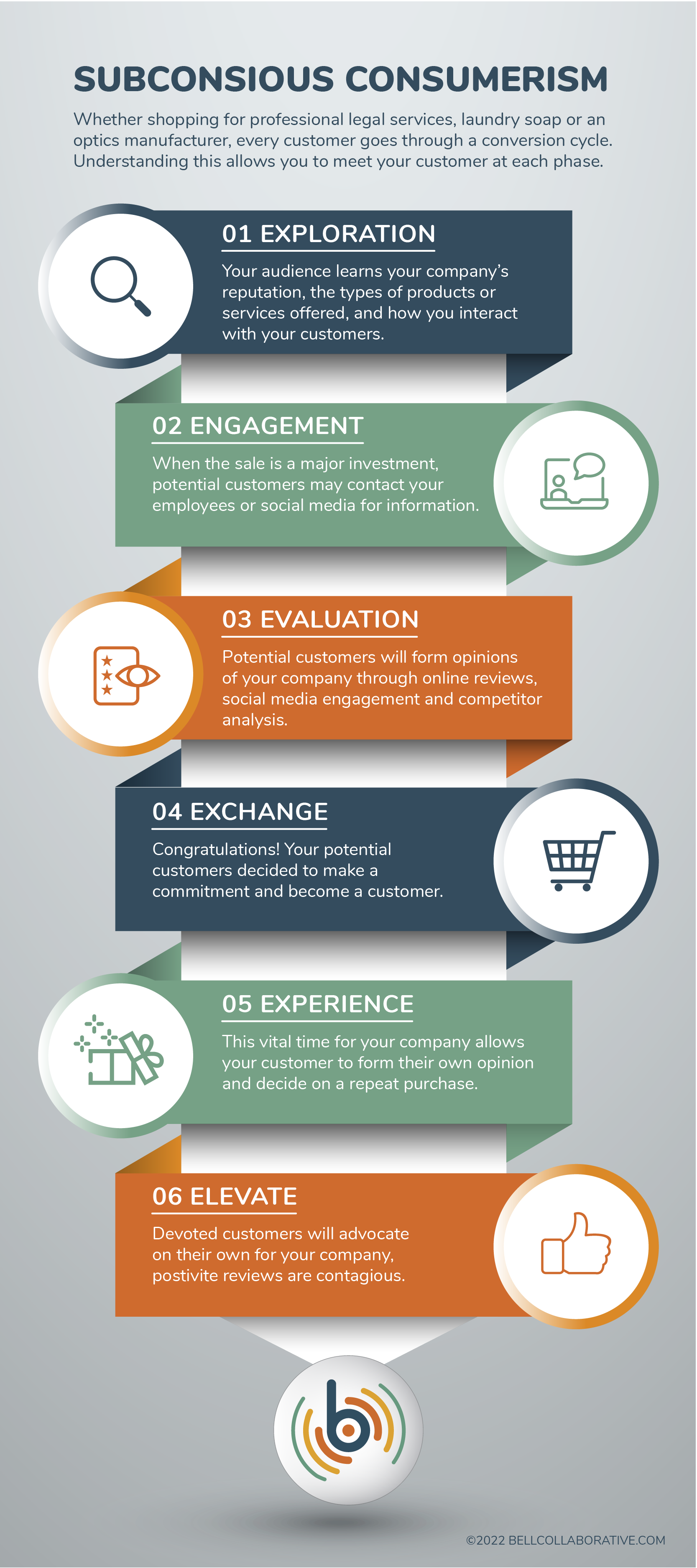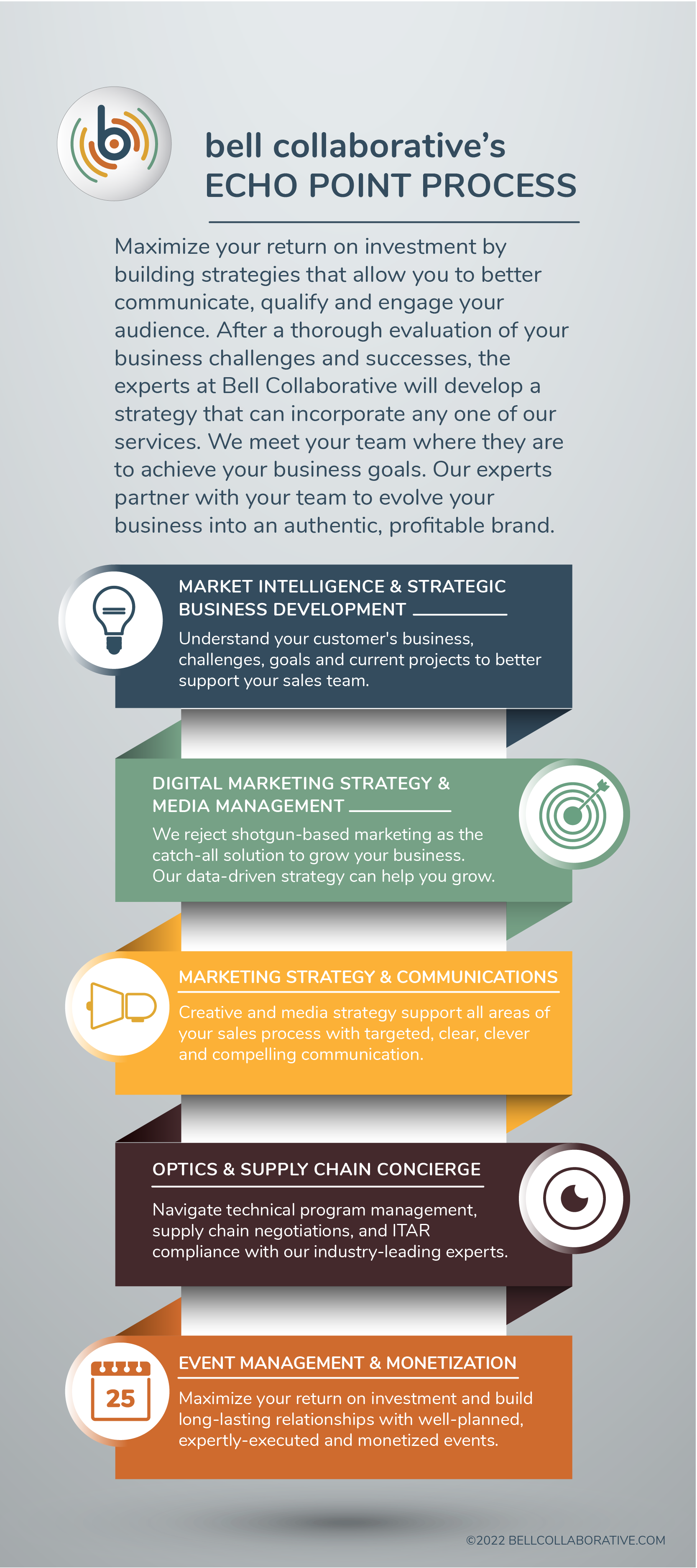The Essential Role of Human Resources
- Julie Addis
What is HR?
Ask any employee what a Human Resources (HR) department is, and the answers will primarily deal with the most uncomfortable aspects of work: HR violations, layoffs, and firings. The truth is that HR handles those tasks, but they also perform a wide variety of duties and are responsible for helping employees feel safe, valued, and properly supported. Employees are the foundation of every successful business, which is why HR management is so important.
Human Resources is also a field that is constantly evolving. It is more than analyzing benefit and compensation packages, recruitment, and processing payroll for employees. Strategic human resource management involves a future-oriented process of developing and implementing HR programs that address and solve business problems.
Future First and DEI
In the last few decades, the population of the United States has undergone a significant demographic change. In turn, the workforce has changed dramatically as well. It has become increasingly important for employers to meet this change, so that they can maintain their competitive advantage. It starts with Diversity, Equity, and Inclusion (DEI).
It is invaluable to understand the business case for DEI to ensure that there is a robust, innovative, productive, and welcoming culture at an organization. The benefits for organizations that understand this are significant. CEO’s, Presidents, and other company leaders not only have to consider DEI because it is important, but also because their business depends on it. DEI affects a company’s performance and reputation. Having a diverse workforce means a company can speak to a broader group of people and more affectively market to them. It means competing points of view that drive critical thinking and success. A company with a reputation for strong DEI practices will have an easier time hiring and retaining employees. According to Deloitte Australia, employees who perceived that their organization was committed to, and supportive of diversity and who feel included are 80% more likely to believe they work in a high performing organization in comparison to organizations that had low commitment and support for diversity and inclusion. These results of DEI are quantifiable with real dollars and make it easier for HR to ask for the resources that they need.
Digital Transformation
HR is also helping businesses lead the effort in digital transformation. According to Deloitte Consulting’s (2017) Global Human Capital Trends: Rewriting the rules for the digital age, “HR today must redefine its role as the team that helps management and employees rapidly transform and adapt to the digital way of thinking.” Digital transformation is not the exclusive realm of marketing experts and data scientists. Digital innovation can drive recruitment and retention efforts. HR can lead the way in updating a company’s digital systems so that employees can work more efficiently and affectively on a day-to-day basis. The best practices that HR establishes for internal digital transformation can be the same best practices that companies teach their strategic partners and customers as well.
So, what really is HR?
Having a strong HR department backed by solid leadership is one of the best ways for a company to ensure employee satisfaction, productivity, and future growth. It can create a competitive advantage for any company interested in succeeding.



